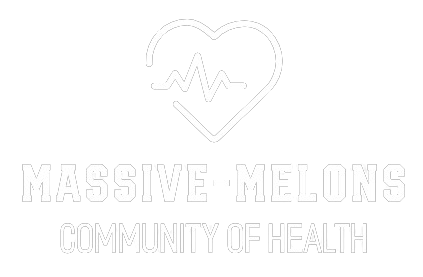Regulatory bodies and private companies use licensing, credentialing, qualification, and privilege to ensure that a specialist in a field has the requisite expertise, knowledge, and experience to practice in that field as a trained professional. These mechanisms have been used primarily in healthcare, but these approaches are also being implemented by public health and other regulated professions to ensure competency and protect patients and customers. The terms licensing, credentialing, and privileging can be used interchangeably, depending on the occupation and the state. There are, however, differences between them since they are commonly understood in the sense of healthcare.
These classification methods and the specifications underpinning them are essential as states change the scope of practice of different practitioners to increase the capacity for public health emergency response, as well as when healthcare and other controlled practitioners volunteer or are otherwise deployed to other states during emergencies. A state or other agency’s ability to decide whether practitioners are qualified to provide treatment and their permitted scope of practice is critical in an emergency response situation. It is necessary to review individual state laws and regulations because of the diversity of states’ approaches to regulating occupations and changing practice standards in emergencies.

Licensing
Licensing or licencias sanitarias is the official acknowledgment that a person has passed all the requirements to practice that profession in that state by a regulatory agency or body. To demonstrate competence, licensing criteria usually include some combination of education, training, and evaluation. The requirements for licensing also include continued education, training, and periodic re-examination for others. Suppose a licensed practitioner in one state requires a license in another state. In that case, the current license and any disciplinary history in the new state are considered part of the licensing process.
Credentialing
Credentialing is the mechanism by which an employer verifies that a physician has the requisite qualifications, training, and experience to practice in the state, most commonly a hospital or health maintenance organization (HMO). State or local laws and regulations may define the types of qualifications and verification processes that a hospital or other healthcare provider must address in credentialing a practitioner. Usually, credentialing is performed when a professional first interacts with an agency and can be regularly modified.
Privileging
In the healthcare context, hospitals, HMOs, and other healthcare providers typically have privileges, such as credentialing, to allow a practitioner to practice in or in a capacity associated with their organization. The degree of permissible activities that the practitioner can participate in while at the facility will be determined by granting privileges to a practitioner. As part of the privileging process, a practitioner’s qualifications are checked.
Certifications
Certification is a certification a doctor may obtain in addition to their primary qualifying degree and exam. For instance, in addition to his or her medical degree, a doctor can pursue certification in a specialty (e.g., emergency medicine). In general, certifications are administered by national boards defining the criteria for schooling, training, competency, and evaluation to obtain certification and re-certification. As part of the licensing process, certification may or may not be necessary.
Accreditations
Accreditation acknowledges that a healthcare institution has met predetermined requirements by an independent professional body or non-governmental agency.























